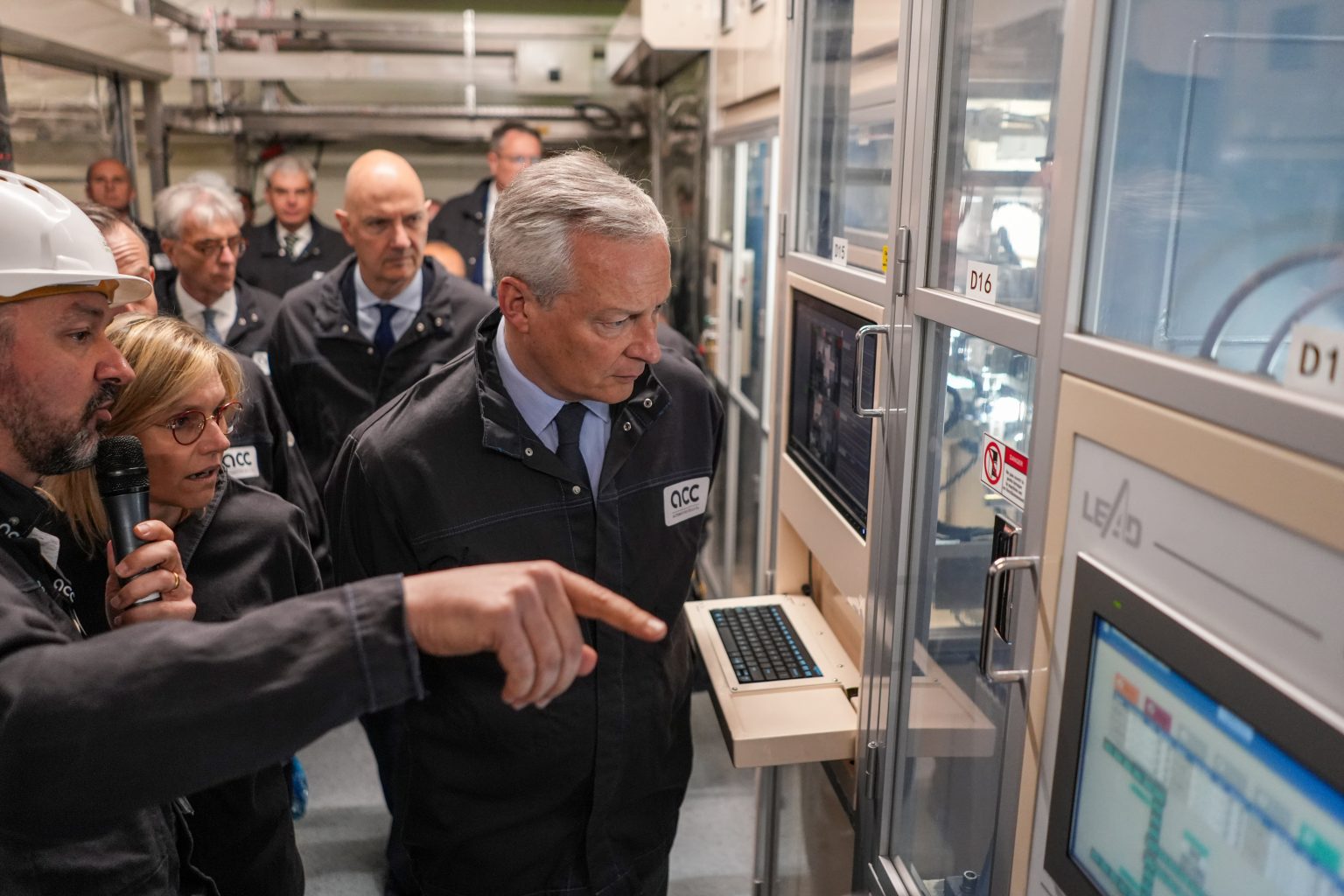English
The original version of this post is co-authored with Emilio Ocampo. In 1976, the renowned economist Robert Lucas (1937-2023) introduced a thought-provoking paper that reshaped economic analysis. Lucas argued against relying solely on historical data to predict the outcomes of changes in economic policy, particularly when dealing with aggregate variables like consumption and investment. According to […]
Recent scenes of violence, chaos and looting in various French cities this summer certainly suggest a problem of “de-civilization.” However, the country faces another “de” issue – deindustrialization – and the two might be connected to some extent. Deindustrialization means a diminishing of industries, industrial jobs and industrial companies in the economy, with a declining […]
Alfredo Arízaga, who served as the Minister of Finance during Ecuador’s dollarization, offers insights on a key topic discussed in former President Jamil Mahuad’s book, “Así dolarizamos Ecuador” (translated as “How We Dollarized Ecuador”). Some have questioned whether dollarization was simply a response to the economic crisis of 1999. Arízaga firmly believes it was […]
Fitch, one of the three leading rating agencies, has downgraded the United States’ creditworthiness from the top-notch AAA to AA+. The reasons for this downgrading include not just further fiscal deterioration but also the continuous debt ceiling negotiations that jeopardize Washington’s capacity to pay its bills. This downgrade may not bring about dramatic short-term consequences, especially since […]
When leaders of the BRICS group of emerging economies – Brazil, Russia, India, China and South Africa – convene at a summit in Johannesburg this week, de-dollarization and the establishment of a common currency will be at the top of the agenda. Across Southeast Asia, Africa and the Middle East, there are now concerted efforts […]


































